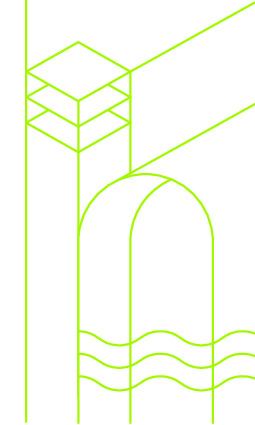|
|
|
| Module code: BIMA241 |
|
|
4S (4 hours per week) |
|
6 |
| Semester: 2 |
| Mandatory course: no |
Language of instruction:
German |
Assessment:
Project work
[updated 28.09.2020]
|
BIMA241 (P110-0105) Civil and structural engineering, Master, ASPO 01.10.2017
, semester 2, optional course
BMA213 (P110-0167) Civil and structural engineering, Master, ASPO 01.04.2022
, semester 2, optional course, course inactive since 09.12.2024
|
60 class hours (= 45 clock hours) over a 15-week period.
The total student study time is 180 hours (equivalent to 6 ECTS credits).
There are therefore 135 hours available for class preparation and follow-up work and exam preparation.
|
Recommended prerequisites (modules):
None.
|
Recommended as prerequisite for:
|
Module coordinator:
Prof. Dr.-Ing. Alpaslan Yörük |
Lecturer:
Prof. Dr.-Ing. Alpaslan Yörük
Dr. Alexandra Kiepurning
[updated 16.11.2020]
|
Learning outcomes:
After successfully completing this module, students will:
_ broaden and deepen the knowledge they acquired in the Bachelor program.
_ be able to use their knowledge and understanding to work on a project in a team, make appropriate calculations and analyses, draw up plans and present their results.
_ be able to work scientifically and can carry out independent research activities.
[updated 28.09.2020]
|
Module content:
_ Introduction by the lecturer
_ Seminar project with the components hydrology, hydraulics/surveying, quality/structural quality/measurement design and presentation of results
[updated 28.09.2020]
|
Recommended or required reading:
_ Jürging, Patt: Fließgewässer- und Auenentwicklung
_ GFG: Totholz in Fließgewässern _ Empfehlungen zur Gewässerentwicklung
_ DVWK: Gewässerentwicklungsplanung
_ Gebler: Entwicklung naturnaher Bäche und Flüsse
_ Scherle: Entwicklung naturnaher Gewässerstrukturen
[updated 28.09.2020]
|


